When buying a car, the age-old debate between purchasing a brand-new vehicle or a pre-owned one continues to burn. While new cars come with that unmistakable fresh-off-the-lot allure, used cars often present themselves as the smarter financial choice. Let’s delve into the top 14 reasons why some used cars are better investments than new ones to drive the point home.
Depreciation: The Silent Wallet Killer
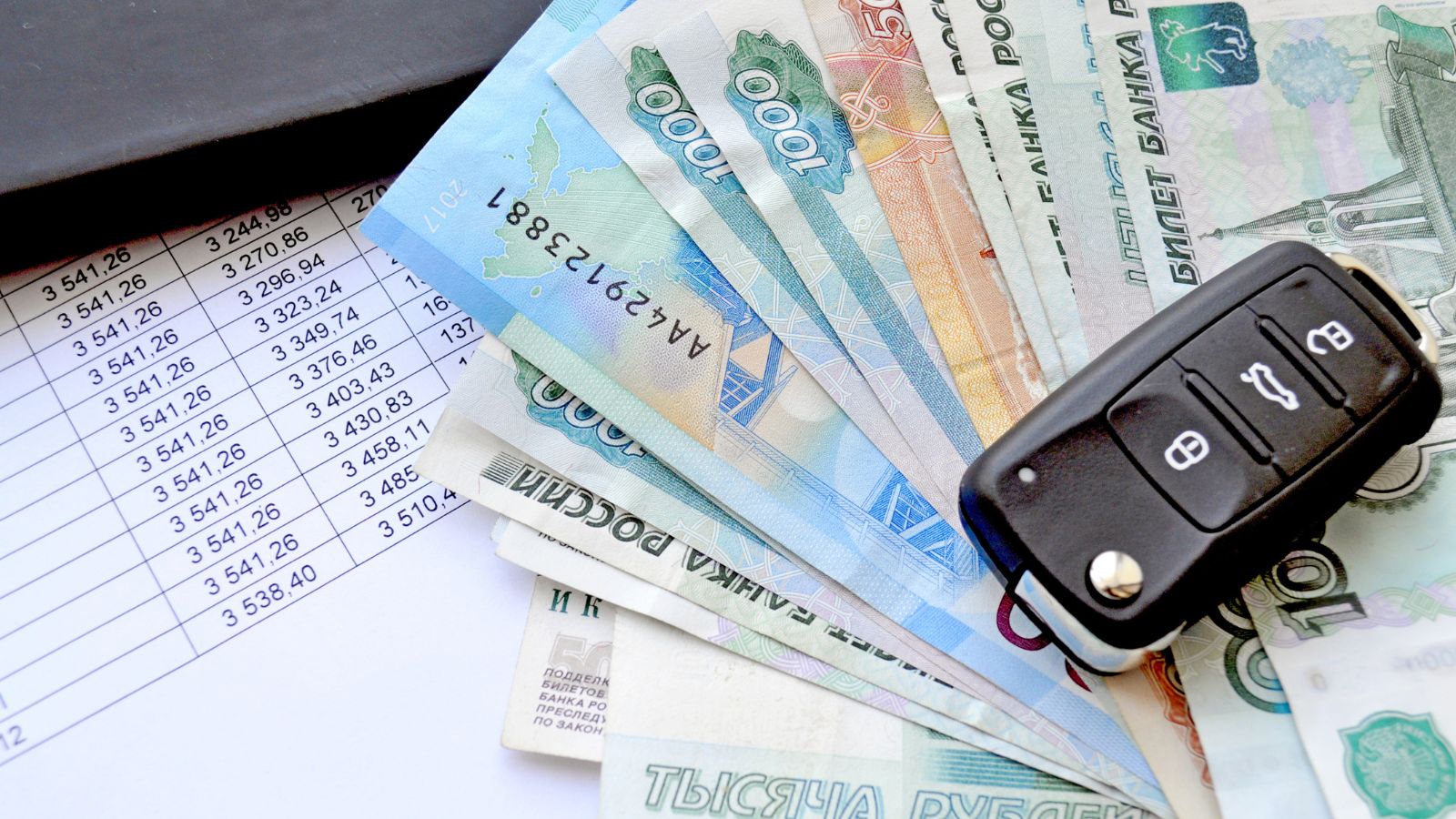
New cars lose value faster than a smartphone in a blender. It’s well-known that a new car loses up to 20-30% of its value within the first year of ownership. When you drive off the lot, you face a significant depreciation hit. In contrast, used cars have already undergone this steep depreciation curve, meaning their value drops more slowly over time. For example, a two-year-old car may only lose 10% of its value in the next year compared to a brand-new model.
Lower Purchase Price: Savings Right from the Start
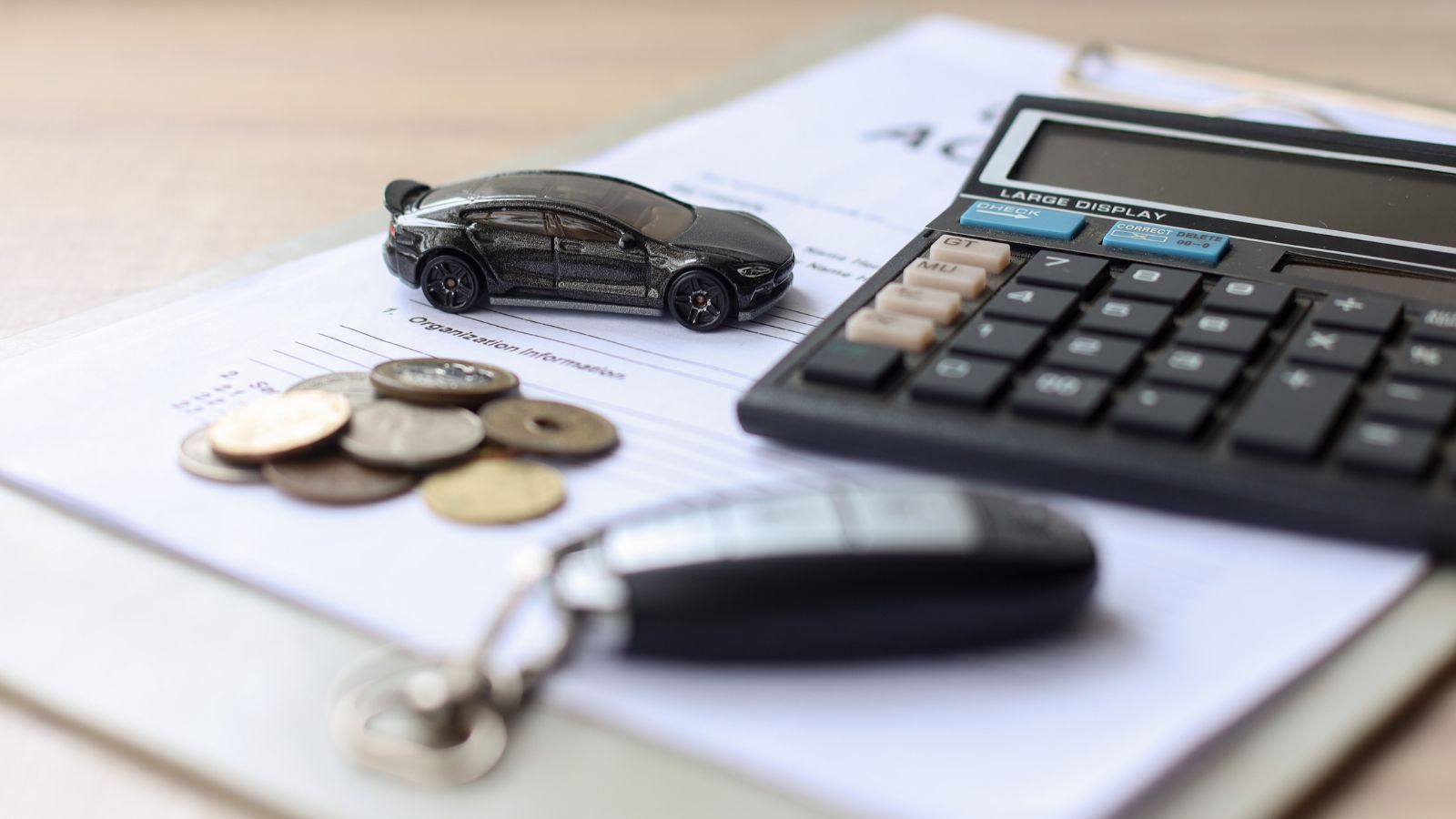
The most obvious advantage of buying a used car is that it’s cheaper. You can save thousands with a vehicle just a few years old. For instance, a three-year-old Toyota Camry might cost $10,000 less than its new counterpart. This immediate saving can be redirected towards other investments or savings.
Reduced Insurance Costs: Less Painful Premiums
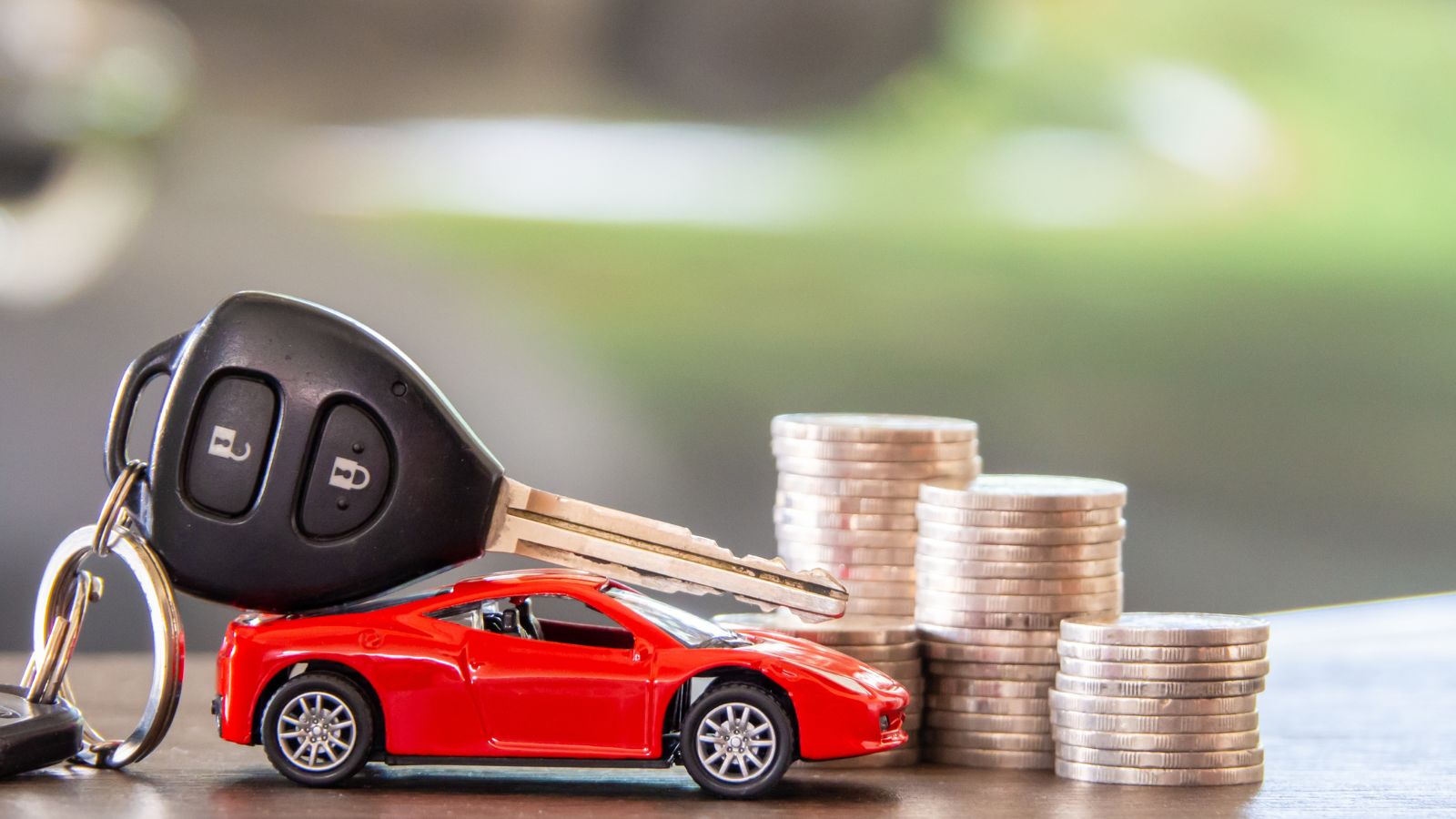
Insurance premiums for used cars are usually lower than those for new ones. This is because insurance costs are based on the value of the vehicle, and used cars are worth less than new ones. A study by NerdWallet found that the average annual insurance cost for a new car was around $1,674, whereas for a used car, it was approximately $1,414. That’s a yearly saving of $260, which adds up over time.
Lower Registration Fees: Pay Less to Stay Legal

States generally base registration fees on the car’s value and model year. As the car’s value decreases, so do the registration fees. For example, the registration fee for a new $30,000 car might be around $300, but for a used $15,000 car, it might only be $150. These savings can be significant, especially if you keep the car for several years.
Certified Pre-Owned Programs: Peace of Mind Included

Less Depreciation: Hold on to Your Value

Because used cars depreciate slower than new cars, they tend to hold their value better over time. This means that if you decide to sell your used car a few years later, you’re likely to get a better return on your investment than selling a new car after the same period.
Avoiding New Car Taxes: Keep More in Your Pocket
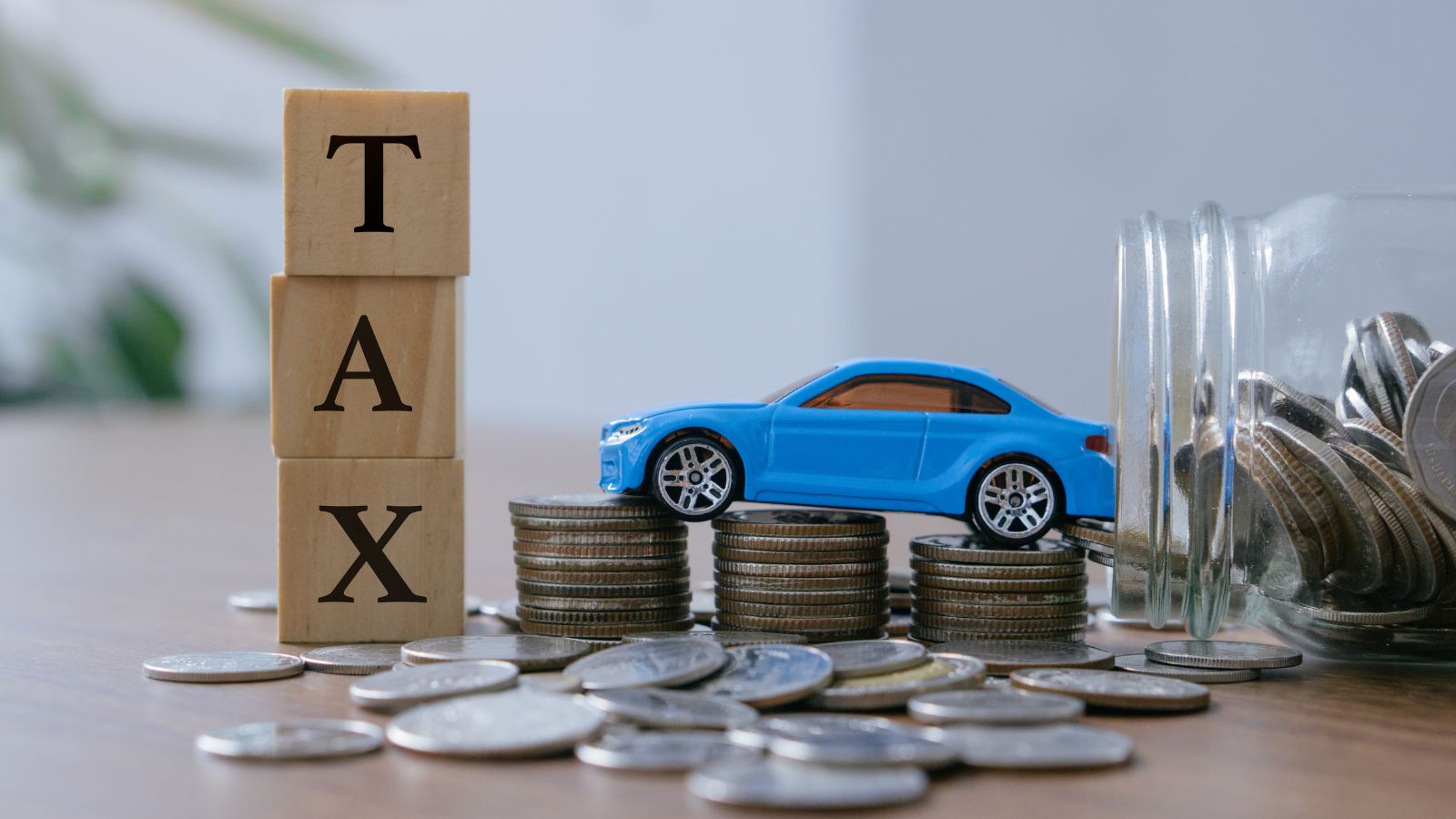
In many regions, buying a new car means paying hefty sales taxes. These add up the overall cost. Used cars often have lower sales taxes; in some cases, you might even avoid specific fees altogether. For example, in California, the sales tax on a new car can be as high as 9.5%, whereas for a used car, it might be considerably lower.
Variety of Choices: Broader Selection Within Budget
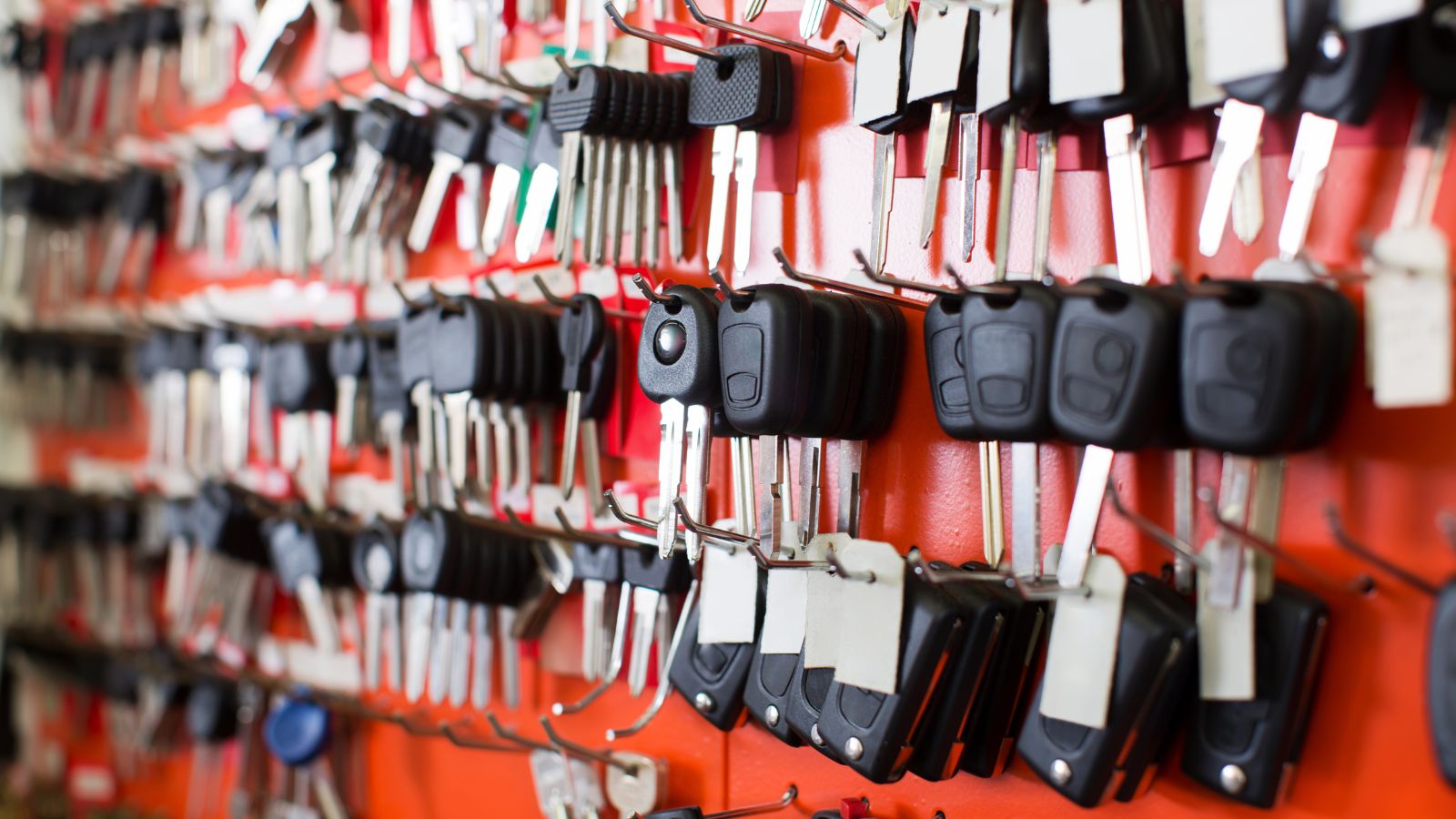
When buying a used car, your budget stretches further, allowing you to consider a broader range of models and makes. For the price of a new economy car, you could get a used luxury sedan with more features and better performance. This means you can enjoy higher-end features like leather seats, premium sound systems, and advanced safety without breaking the bank.
Proven Reliability: Track Records Speak Volumes
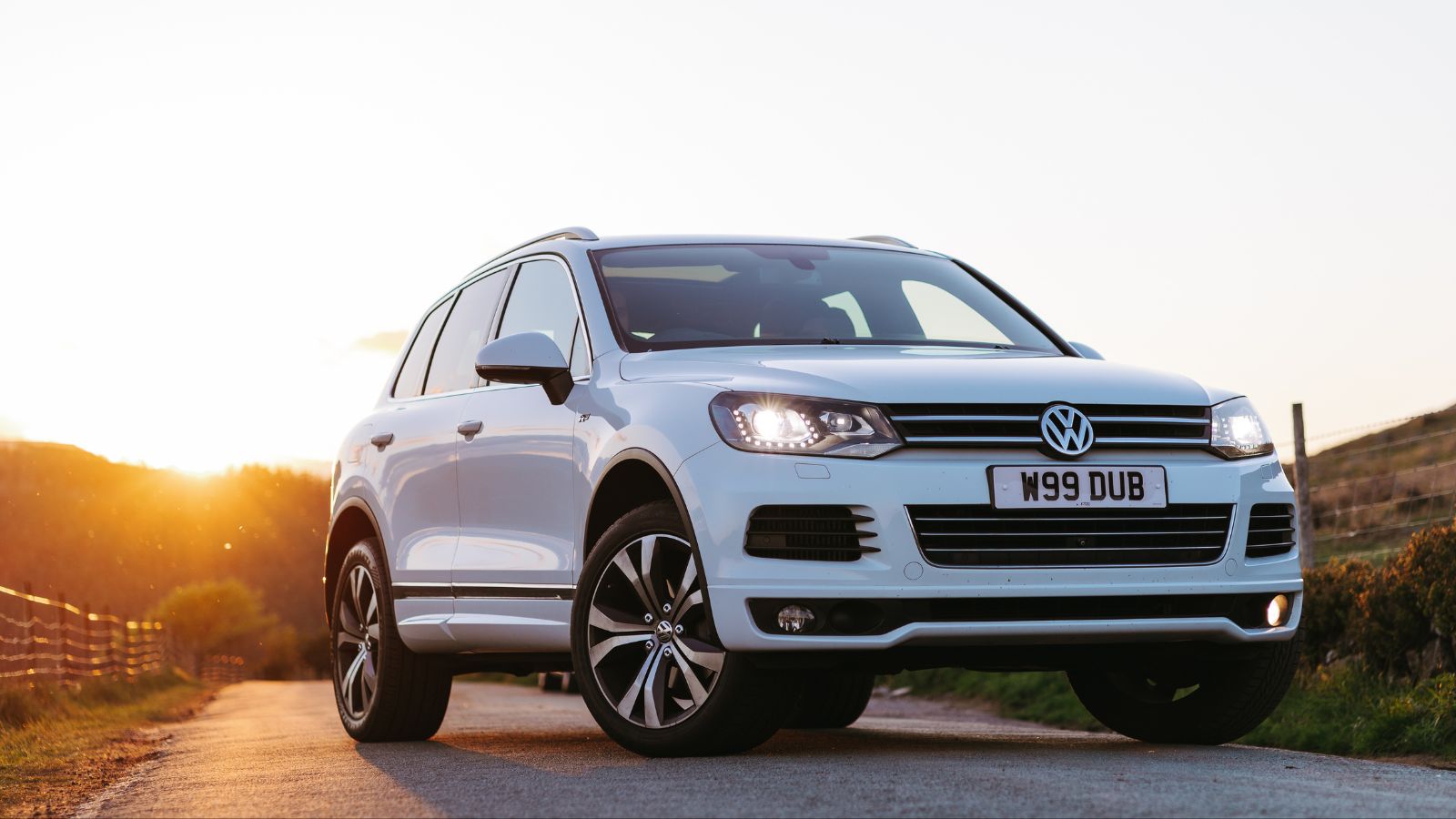
Significant issues or recalls are usually well-documented when a car has been on the road for a few years. This gives used car buyers the advantage of choosing models known for their reliability. Websites like Consumer Reports and J.D. Power provide reliability ratings based on the performance of cars over several years, helping you make an informed decision.
Less Stress About Wear and Tear: Drive with Confidence

New car owners often stress over every minor scratch and ding, knowing it impacts the car’s value. Used car owners, however, can drive more relaxed, knowing their vehicle has already experienced some wear and tear. This reduces the anxiety associated with daily driving and minor accidents.
Aftermarket Warranties: Coverage When You Need It
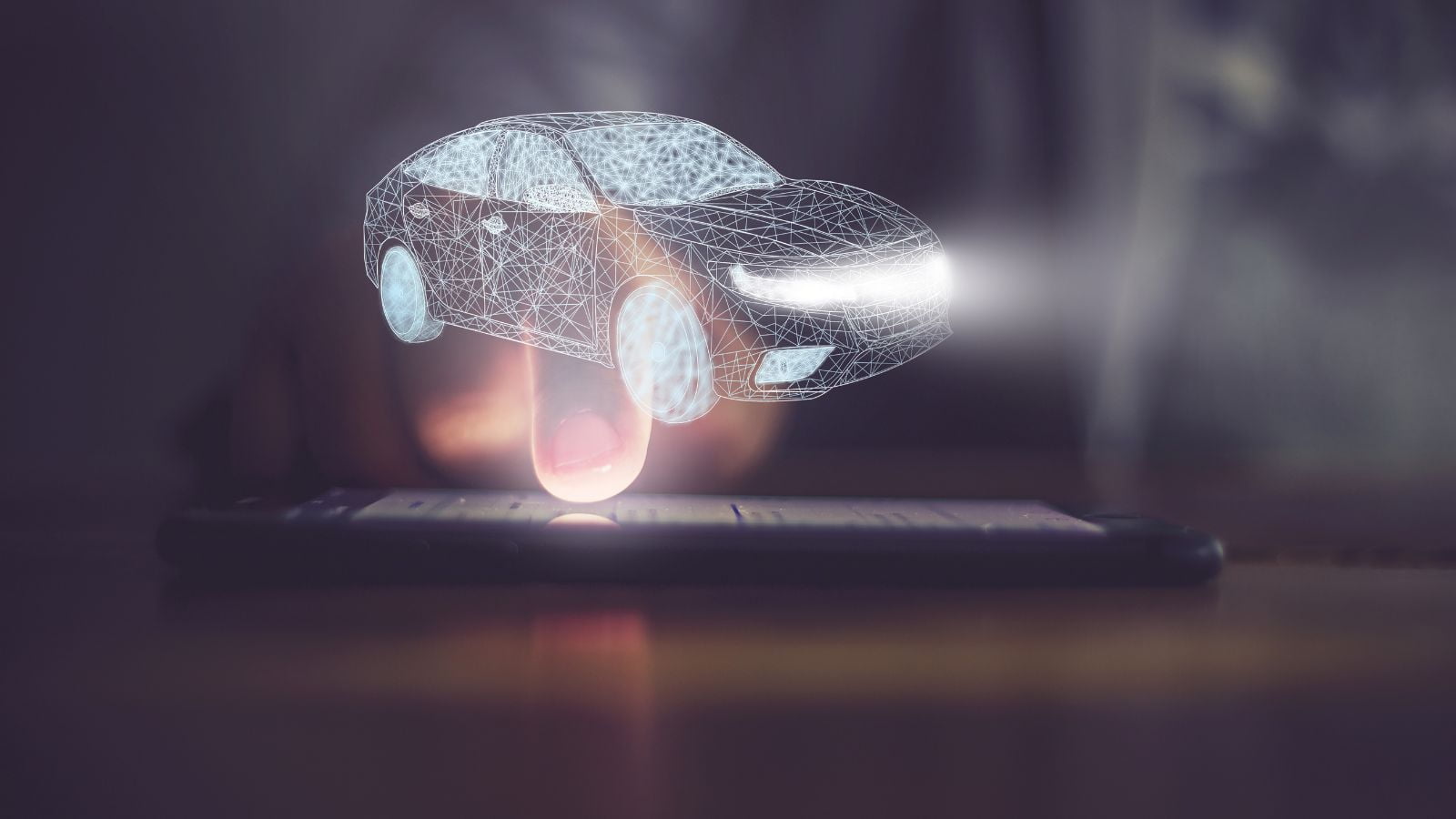
Many companies offer aftermarket warranties for used cars, which can cover significant repairs and give buyers added peace of mind. These warranties can be tailored to cover specific components and durations, providing flexibility and protection against unexpected expenses.
Environmental Benefits: Reduce, Reuse, Recycle
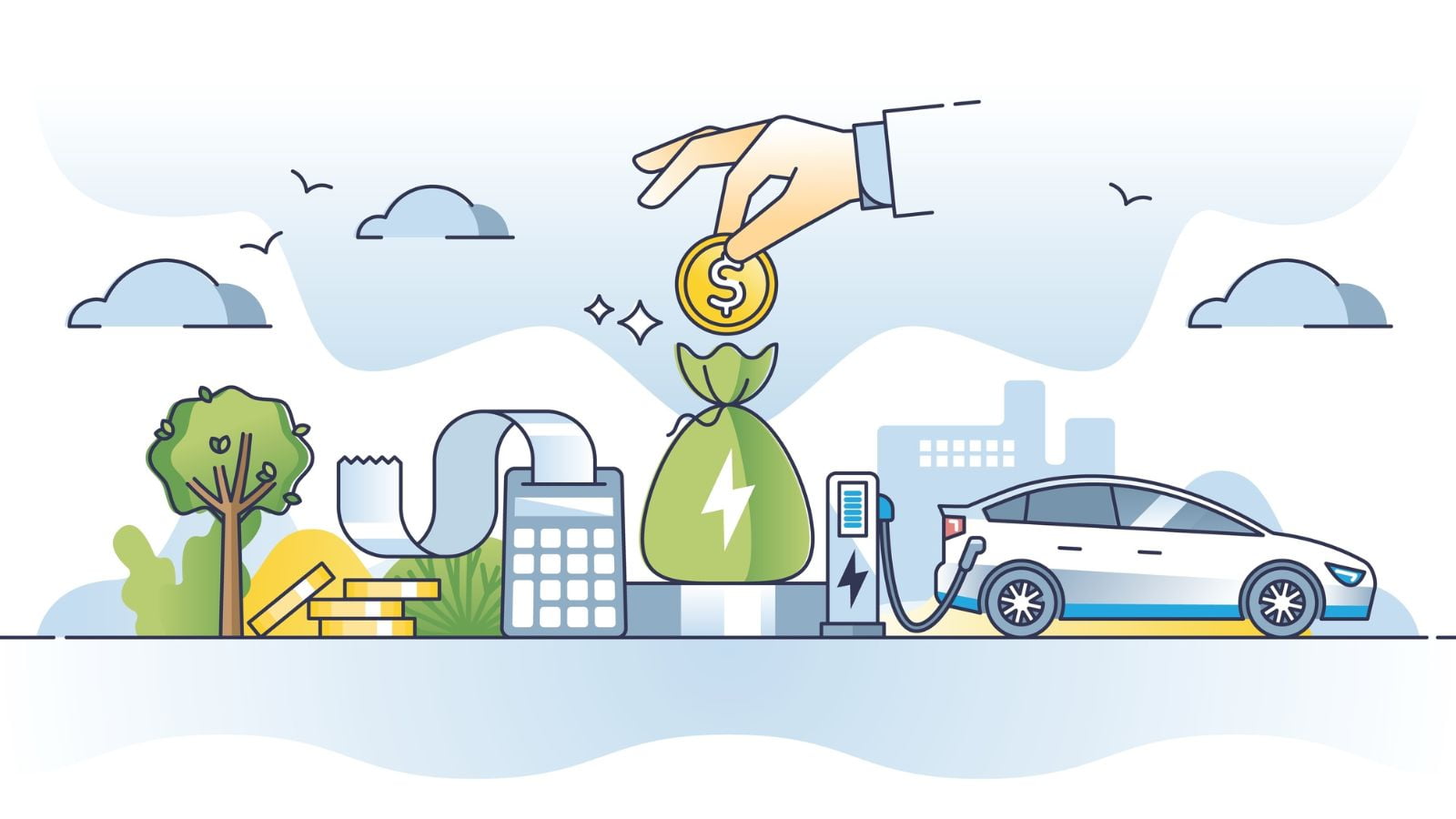
Buying a used car is environmentally friendly. Manufacturing a new car consumes a significant number of resources and energy. By choosing a used car, you’re effectively recycling and reducing the environmental impact. According to the United States Environmental Protection Agency (EPA), producing a new car emits roughly 8 tons of CO2, a footprint you avoid by opting for a pre-owned vehicle.
Modifications and Customizations: Personalize Without Fear

Modifying a new car can void warranties and drastically affect its resale value. On the other hand, used cars offer more freedom to personalize without such worries. Whether upgrading the sound system, adding a spoiler, or changing the paint job, you can make your used car truly yours.
Increased Longevity: Modern Cars are Built to Last

Today’s cars are built to last longer than ever before. Advances in technology and manufacturing mean that many vehicles can comfortably reach 200,000 miles with proper maintenance. This longevity means that buying a used car with 50,000 miles still offers plenty of life left. Cars from reliable brands like Toyota, Honda, and Subaru are mainly known for their durability and can serve you well for many years.
15 Most Reliable Cars Ever Made — Why They Never Quit
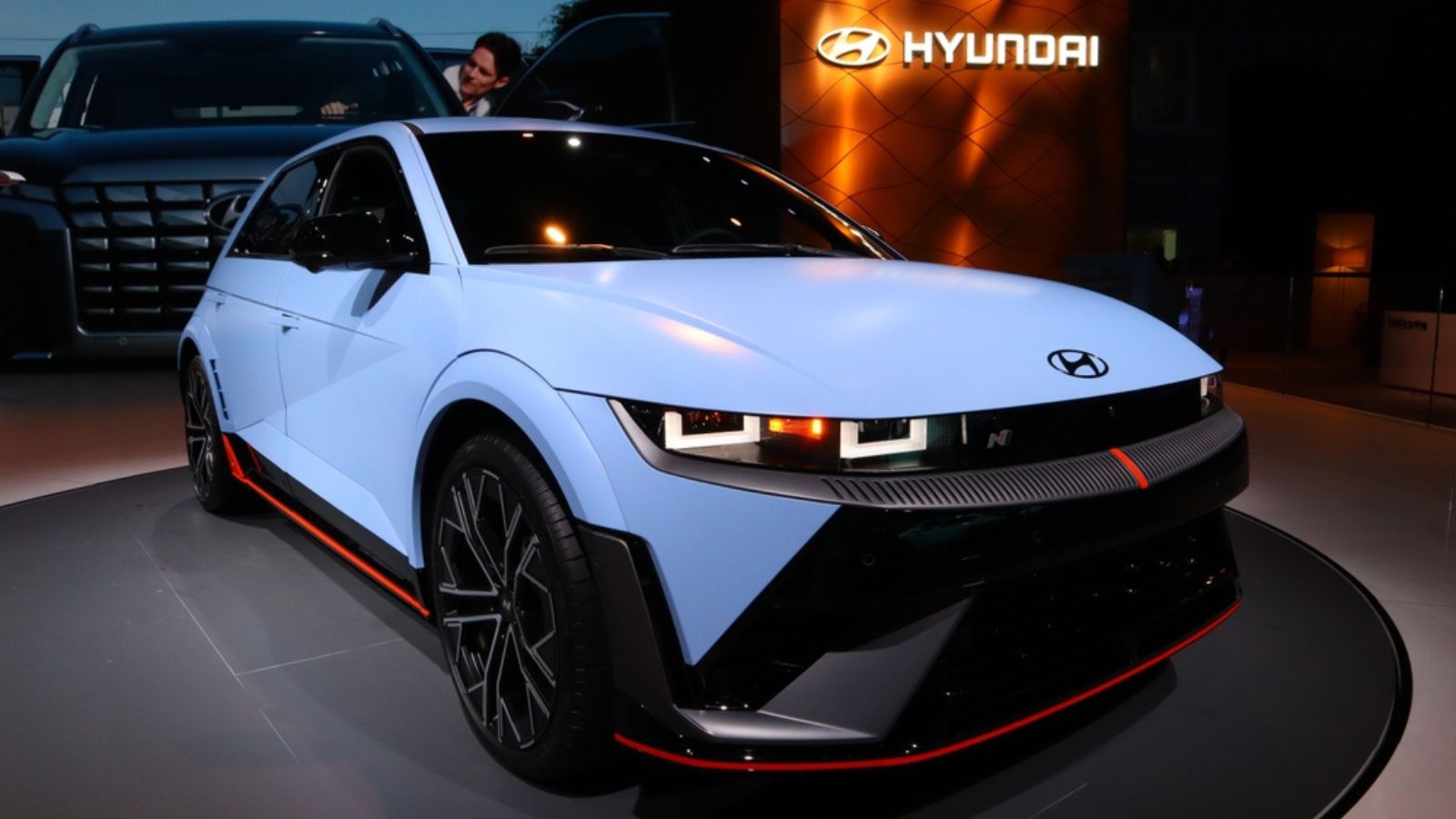
Some claim that the dependability of autos has decreased. Modern cars have a shorter lifespan than some cars manufactured between the 1970s and the 1990s, but some new and used cars today are good enough to last for at least ten years and up to 500,000 miles. When these vehicles break down, most problems are relatively simple, and many don’t have serious difficulties. Here are 15 of the most reliable cars ever made: 15 Most Reliable Cars Ever Made — Why They Never Quit